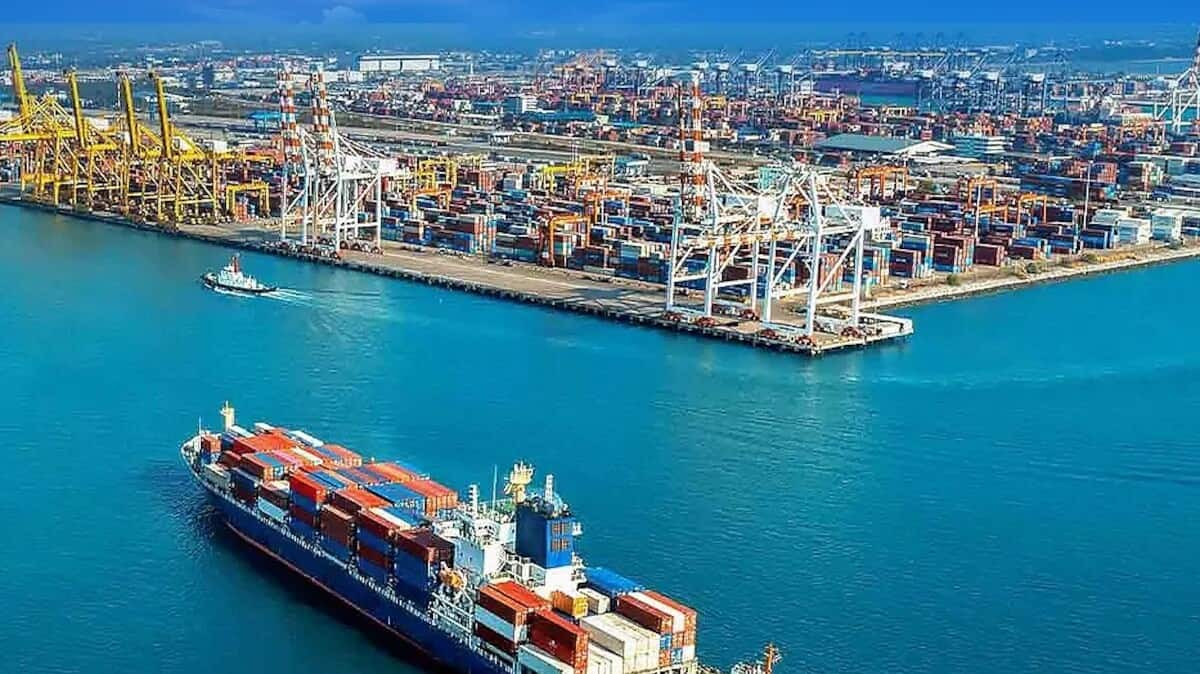
PM Modi to launch Vadhvan Port; what's special about it
What's the story
Prime Minister Narendra Modi will lay the foundation stone for the Vadhvan Port project in Palghar, Maharashtra, on Friday. The port, located near Dahanu town, is set to become one of India's largest deep-water ports and among the top 10 ports in the world. The project is expected to cost around ₹76,000 crore and will provide direct connectivity to international shipping routes, significantly reducing transit times and costs.
Project features
Vadhvan Port: A new gateway to global trade
The Vadhvan Port, dubbed the "ultimate shipping powerhouse," will feature nine 1,000-meter-long container terminals, multipurpose berths, liquid cargo berths, Ro-Ro berths, and a dedicated Coast Guard berth. It is also expected to generate significant employment opportunities and stimulate local businesses. The port project incorporates sustainable development practices with a focus on minimizing environmental impact and adhering to stringent ecological standards.
Trade hub
Vadhvan Port's global trade potential, job creation
Once operational, Vadhvan Port will enhance India's maritime connectivity and strengthen its position as a global trade hub. The citizen engagement platform of the Centre, MyGov, stated that "Vadhvan Port will serve as India's new gateway to global trade, creating a cumulative capacity of 298 MMT per annum." It is expected to forge trade links with the Far East, Europe, Middle East, Africa and America.
Completion date
Project completion and job opportunities
The Vadhvan Port project is scheduled to be completed by 2030 and is expected to create 12 lakh job opportunities. The project was delayed for decades due to protests by local farmers and fishers. It is being built by the Vadhvan Port Project Ltd (VPPL), a Special Purpose Vehicle formed jointly by the Jawaharlal Nehru Port Authority and Maharashtra Maritime Board with shareholdings of 74% and 26%, respectively.
Infrastructure development
Infrastructure and trade flow enhancements
The project will include development of core infrastructure, terminals and other commercial infrastructure in public-private partnerships (PPP) mode. It will also feature road links with National Highways and rail connections including the Dedicated Rail Freight Corridor. The project involves reclamation of 1,448 hectares of the Arabian Sea and building a 10.14km offshore breakwater and container/cargo storage zones. The capacities created will aid EXIM trade flow through IMEEC (India Middle East Europe Economic Corridor) and INSTC (International North South Transportation Corridor).